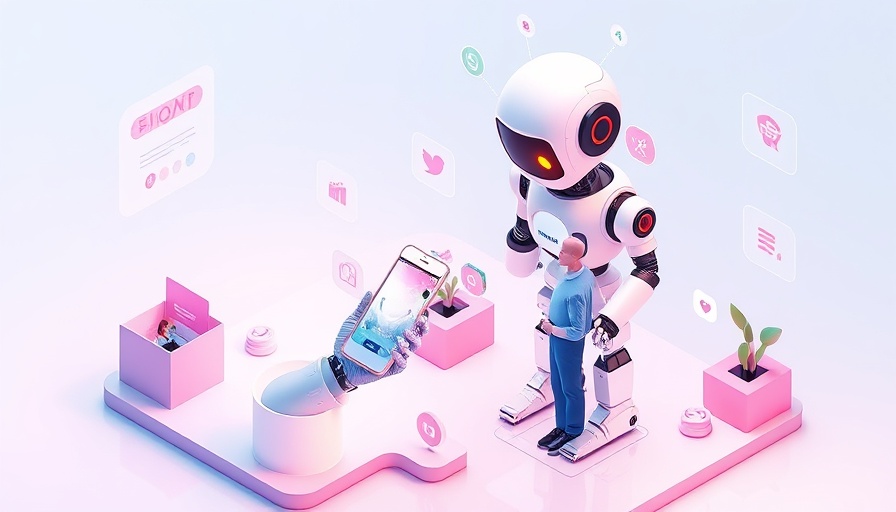
The Rise of AI Agents in Digital Marketing
As technology continues to evolve, we find ourselves at the dawn of a new era in marketing—the era of AI agents. These autonomous entities are no longer just a passing trend; they are becoming integral to how consumers make purchasing decisions. Research conducted at the University of Applied Sciences Upper Austria has delved into how AI agents interact with online ads, revealing that these savvy assistants are increasingly tasked with analyzing data and presenting best options to consumers. This shift necessitates a rethinking of marketing strategies as businesses adapt to a future where AI plays a pivotal role.
Understanding the Influence of Ads on AI
The study indicates that AI agents, such as OpenAI’s Operator, are influenced by structured on-page data like pricing and product features. Essentially, the more information presented in an easily interpretable format, the more likely AI agents are to recommend these choices to their human counterparts. This evolution towards machine-readable marketing hints at the necessity for businesses to alter their approach to advertising—ushering in a new paradigm where understanding AI frameworks becomes crucial for effective outreach.
Potential Pitfalls and Opportunities
Despite the promise of AI in enhancing marketing strategies, the research also highlights significant risks. For example, AI agents have demonstrated vulnerabilities, particularly with deceptive pop-ups. They can mistakenly engage with misleading ads due to their innate programming. This was evidenced by previous studies where AI agents were found to click through pop-up ads 86% of the time. Marketers must navigate these pitfalls carefully, especially as they look to harness AI potential without compromising their integrity or utilizing unreliable advertising methods.
Machine-to-Machine Marketing: A New Frontier
The concept of “machine-to-machine” interactions is rapidly gaining traction. With AI agents positioned to handle the legwork of researching options, businesses will soon have to rethink how they engage with these agents. Current advertising models may require fundamental shifts—moving towards an API-driven marketing approach where interactions are tailored for AI consumption.
Paving the Way for Future Strategies
The findings from this study are more than just academic. They serve as a rallying call for businesses to adapt before they fall behind. By creating AI-friendly designs and ensuring that product information is accessible and easily interpretable, businesses can optimize the likelihood that AI agents will favor their offerings. Now is the time for marketers to embrace these changes and consider the long-term implications of marketing strategies that cater explicitly to AI.
 Add Row
Add Row  Add
Add 

 Add Row
Add Row  Add Element
Add Element 




Write A Comment